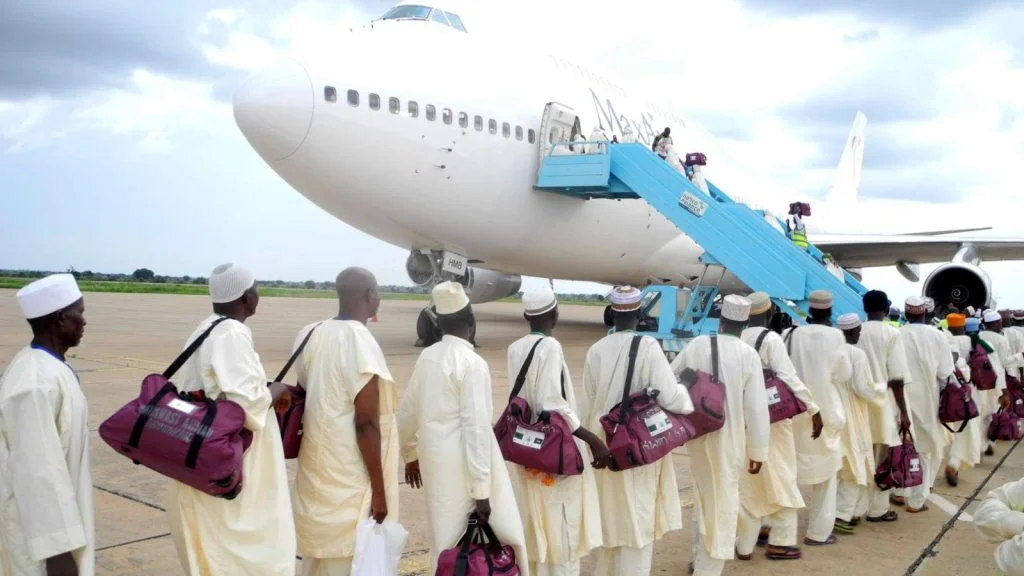As the frozen “glue” that helps hold the rock faces of the Alps together begins to thaw, mountaineers face a growing risk of sudden rockfall. This is due to the permafrost thawing on two different timescales, both short-term thaws occurring each summer and long-term warming trends resulting from the gradual deepening of the summer thaw.
The thawing is happening at an alarming rate and is threatening the very mountains it is found in. Permafrost in the European Alps is now thawing more and more each year, and its decay is causing destabilisation in the rock. This is a major concern for the mountaineering community, which already faces a host of dangers when ascending the steep and treacherous mountain faces.
The thawing permafrost is also affecting the delicate ecosystem of the Alpine region. It has been discovered that permafrost can be found on steep mountain walls, where it runs deep into cracks in the solid rock, helping to glue them together. Without it, the mountainsides can become unstable, which can have a ripple effect on the surrounding areas.
Scientists from the Laboratory of Environment Dynamics and Territories of the Mountain (Edytem) at University Savoie Mont Blanc, in Chambery, France, have been monitoring the decay of permafrost in the Alps by installing a sensor network embedded in the rockface. The data collected from this sensor network shows that every 10 years the average temperature deep inside the rock has increased by 1C (1.8F), due to the gradual deepening of the summer thaw.
“This steady and slow warming can also provoke rockfalls,” says Florence Magnin, a member of Edy Tem. “The permafrost acts like glue that holds the rock together, so when it thaws, the rocks become unstable and more likely to fall. This can be dangerous for climbers and hikers who may be passing below.”
The thawing permafrost is also affecting the delicate ecosystem of the Alpine region. It has been discovered that permafrost can be found on steep mountain walls, where it runs deep into cracks in the solid rock, helping to glue them together. Without it, the mountainsides can become unstable, which can have a ripple effect on the surrounding areas.
Furthermore, the thawing permafrost can also release large amounts of greenhouse gases such as carbon dioxide and methane into the atmosphere, contributing to global warming. This is because as the permafrost thaws, the organic matter that has been frozen for centuries begins to decompose, releasing the trapped gases.
The thawing permafrost in the Alps is a growing concern for both the safety of mountaineers and the delicate Alpine ecosystem. It highlights the urgent need to address the issue of global warming and reduce our carbon footprint to prevent further damage to our planet’s natural systems.
ChatGPT Mar 14 Version. Free Research Preview. Our goal is to make AI systems more natural and safe to interact with. Your feedback will help us improve.





